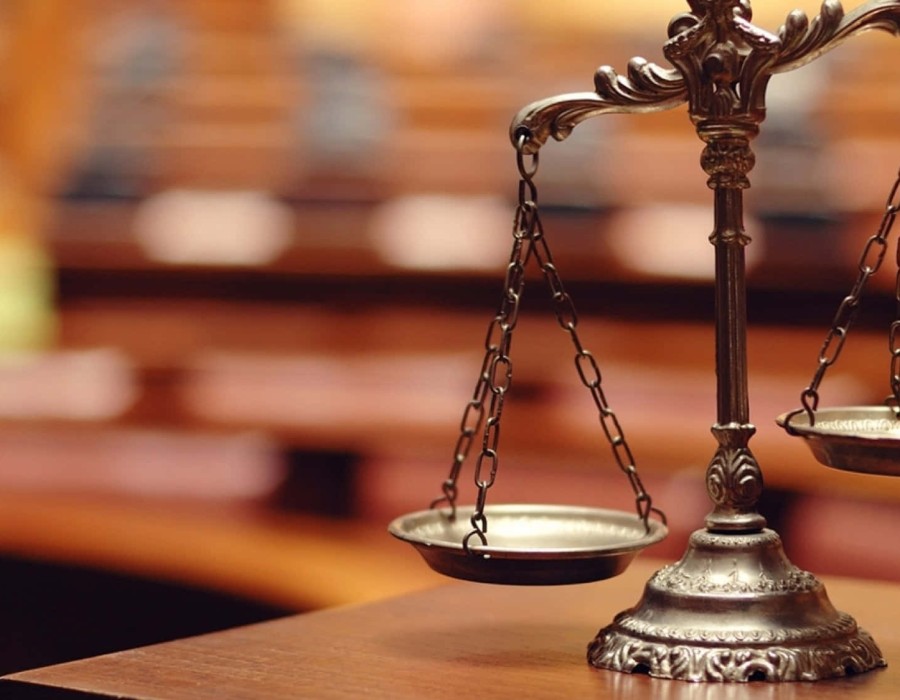In the realm of legal safeguards, a "protective order in Virginia" stands as a crucial mechanism designed to shield individuals from harm, harassment, or domestic violence. This legal tool empowers individuals to seek court-issued orders, creating a protective barrier and fostering a safer environment within the Commonwealth of Virginia.
Unveiling the Purpose of a Protective Order
A protective order, also commonly known as a restraining order, is a legal document issued by a court to provide protection to an individual facing the threat of harm, harassment, or violence. In Virginia, these orders serve as a proactive means of ensuring the safety and well-being of those who find themselves in vulnerable situations.
Diverse Types of Protective Orders in Virginia
Virginia recognizes several distinct types of protective orders, each catering to specific circumstances and providing varying durations of protection:
- Emergency Protective Orders (EPO): These orders offer immediate protection and are typically issued by law enforcement officers in emergency situations. EPOs are short-term and may last up to 72 hours.
- Preliminary Protective Orders (PPO): Issued by a magistrate or judge, PPOs provide protection for a slightly longer duration, up to 15 days. They are often employed during the initial stages of legal proceedings.
- Full Protective Orders: Commonly referred to as Permanent Protective Orders, these orders provide extended protection, potentially lasting up to two years or more. Full protective orders are typically issued following a court hearing where evidence is presented.
Circumstances Warranting a Protective Order in Virginia
Individuals seeking a protective order in Virginia must demonstrate that they have experienced or are at imminent risk of experiencing one or more of the following:
- Family Abuse: Instances of physical harm, bodily injury, or the credible fear of harm inflicted by a family or household member.
- Stalking: Persistent and unwanted attention, communication, or contact causing substantial emotional distress.
- Sexual Assault: Non-consensual sexual acts that necessitate legal protection.
The Sequential Process of Obtaining a Protective Order
- Filing a Petition: The process commences with the filing of a petition for a protective order. This can be accomplished at a local courthouse during regular business hours or through a magistrate during non-business hours.
- Conducting a Court Hearing: Upon approval of the petition, a court hearing is scheduled. During the hearing, the petitioner presents evidence and testimony supporting the necessity of a protective order.
- Issuance of the Protective Order: If the court finds sufficient evidence, it may issue a protective order tailored to the specific circumstances of the case.
- Service of the Protective Order: Law enforcement authorities are responsible for serving the protective order to the respondent, ensuring they are aware of the terms and restrictions imposed.
Components of Protective Orders: Terms and Conditions
Protective orders in Virginia typically encompass a range of provisions, including:
- No Contact: Prohibition of direct or indirect contact with the petitioner.
- Stay-Away Restrictions: Mandates that the respondent stay away from specified locations such as the petitioner's residence, workplace, or school.
- Custody and Visitation Limitations: Addressing issues related to child custody and visitation in cases involving family abuse.
- Firearms Restrictions: Court-ordered surrender of firearms or restrictions on the purchase and possession of firearms during the protective order's duration.
Legal Consequences for Violating a Protective Order
Violating the terms of a protective order in Virginia carries severe legal consequences, including fines, imprisonment, or a combination of both, contingent on the nature and severity of the violation.
Renewal and Modification of Protective Orders
While protective orders in Virginia are not perpetual, they can be renewed or modified based on changing circumstances. Individuals seeking extensions or adjustments to existing orders must file a motion with the court to facilitate these changes.
In Conclusion
In conclusion, a protective order in Virginia serves as a vital legal tool in providing a shield against harm, harassment, or domestic violence. Understanding the nuances of the different types of orders, the grounds for obtaining them, and the legal processes involved empowers individuals to take proactive steps towards their safety. Whether seeking immediate relief through an Emergency protective order in Virginia or pursuing a more extended protective shield with a Full Protective Order, the legal mechanisms in Virginia are designed to create a safer environment for those in need of protection.





Comments